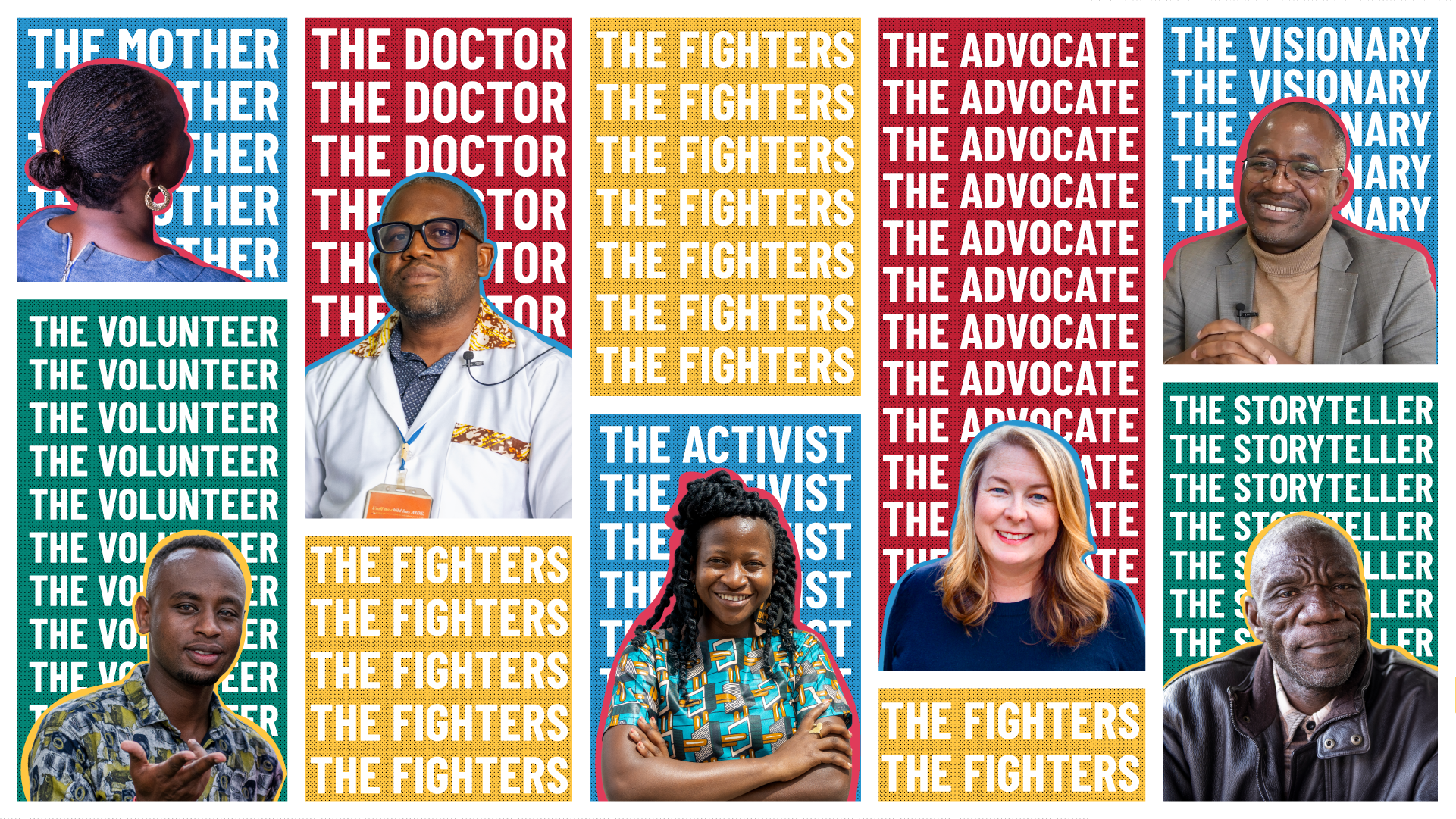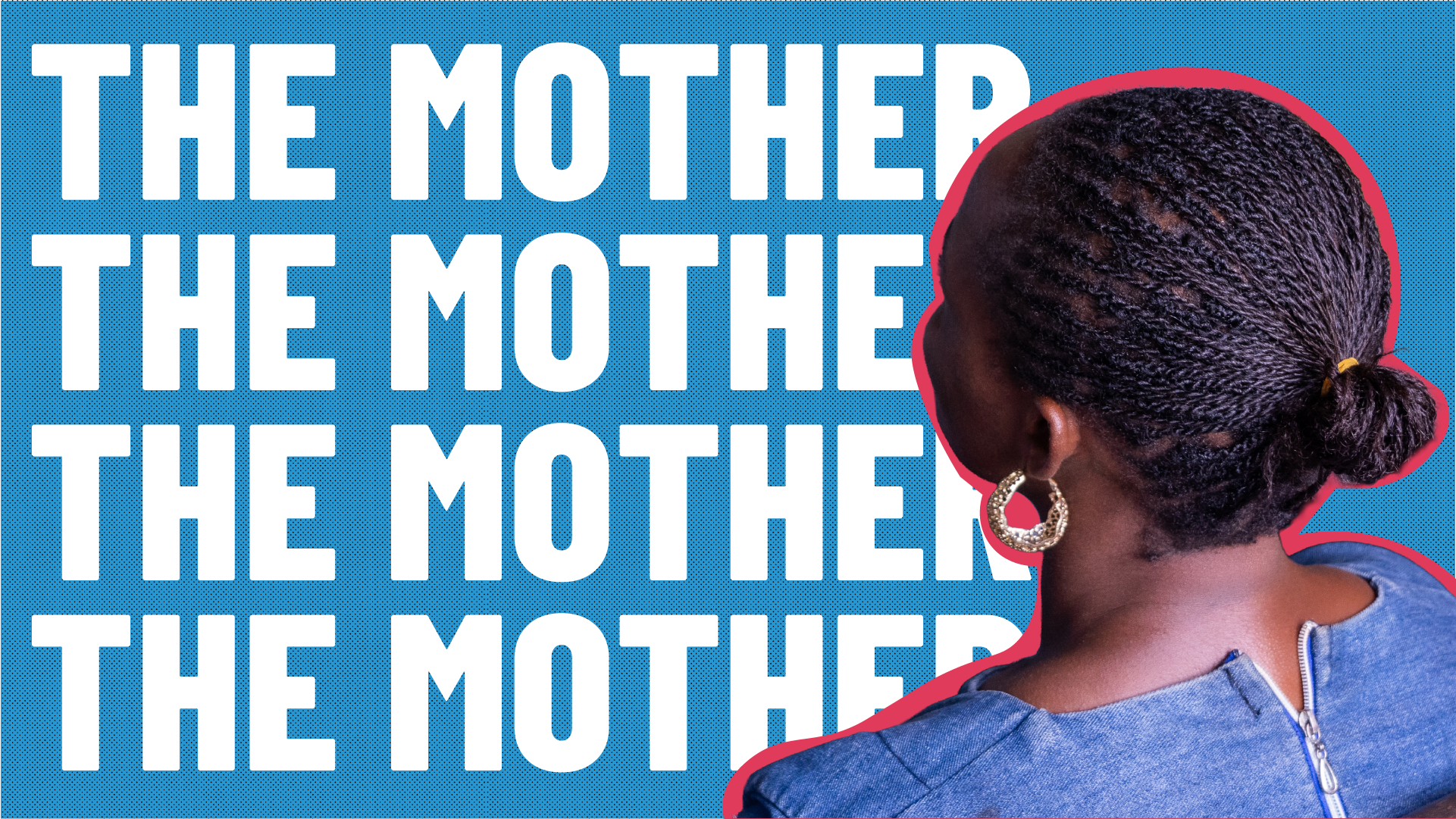2018 marks 30 years since Elizabeth Glaser, Susie Zeegen, and Susan DeLaurentis formed the Elizabeth Glaser Pediatric AIDS Foundation (EGPAF) around a kitchen table. Their mission to end AIDS in children has traveled around the world, including to Uganda, where most families were touched by the HIV pandemic.
Godfrey Esiru is a Ugandan obstetrician and gynecologist who serves as a senior technical advisor for the Elizabeth Glaser Pediatric AIDS Foundation (EGPAF). Previously, he was the national coordinator of the Programme for Prevention of Mother-to-child Transmission of HIV in the AIDS Control Programme at the Ministry of Health Uganda.
Like many of his peers, the fight to end AIDS is quite personal for Dr. Esiru. In the following interview, he talks about how his family was touched by HIV and how that influenced his decision to work on preventing mother-to-child HIV transmission.
“Actually, because it makes people thin, in Uganda in the beginning, [HIV] was nicknamed slim. The sight of these people would really scare you.
“I remember at that time people even feared to touch or to go near somebody who is with slim. I think that the mode of spread was not clearly understood, so people even thought that by going near that person with slim, you could also contract the disease and die. There was a lot of stigma and isolation that were attached to these people.
“So I got a call from home: ‘you have a sister who is not feeling well … she’s sick.’
“I told them, ‘OK, Let her come to Kampala and I’ll take her for [a check-up]’—because I was working in the hospital then.
“When they tested her and found that she was HIV-positive, they didn’t tell her. My colleagues called me and said, ‘Dr. Esiru … your sister actually has HIV.’
“I said, ‘No! My sister can’t have HIV because she has been in the village!’
“I remember I took her to talk to this doctor. and then eventually the doctor disclosed to her. When she came out of the doctor’s room, she didn’t want to talk to anybody, including me. But I knew that they had disclosed to her, and she was really finding it hard to accept.

“At that time, again, there were no drugs. We were doing just symptomatic treatment … good nutrition and then continuous counseling.
“I remember we kept that secret [about her HIV status] until eventually she became weak, and we lost her [and] we buried her in her husband’s home.
“Later I called the husband—because now my worry was that maybe the mother had transmitted the infection to the child. According to him, the child had started falling sick frequently. They screened and found that the child was HIV-positive. I remember when I told him that, he broke down into tears.
“It was then difficult to get on treatment [and] the baby wasn’t enrolled on treatment. So along the way we also lost that baby. That child died.
After that I said, ‘What contribution can I make as a person, as an individual to support the community?’
“We decided to initiate a PMTCT [prevention of mother-to-child HIV transmission] clinic in Nsambya Hospital. We got the single-dose Nevirapine program started in the country around 2001. [Nevirapine was the first drug that proved effective at preventing mother-to-child HIV transmission] So we adopted it in our clinic and we started giving pregnant women who were testing HIV-positive single-dose Nevirapine.

“When the drugs came in, the name slim also died off because we no longer were seeing people who were so thin, who were slim, like the disease.
Until we discover the cure for HIV, we still need to fund services to prevent transmission of HIV, as well as funding research that is trying to get a cure for HIV— because we don’t want to lose the gains we have already achieved over time.
“If we stop funding HIV, my worry is that there will be a rebound of all the complications and the resurgence of HIV in many countries … especially low-income countries. And then we’ll go back to square zero.
Why should a child be born and die of HIV? Where they’re born with HIV, we should support them to live healthy lives. My passion is really to make sure we eliminate pediatric AIDS. And through eliminating pediatric AIDS, we hope that we shall have an HIV-free generation.
“I really look forward to a time when HIV is no longer a public health problem. And I think there, we shall say, ‘We have done something.’”




